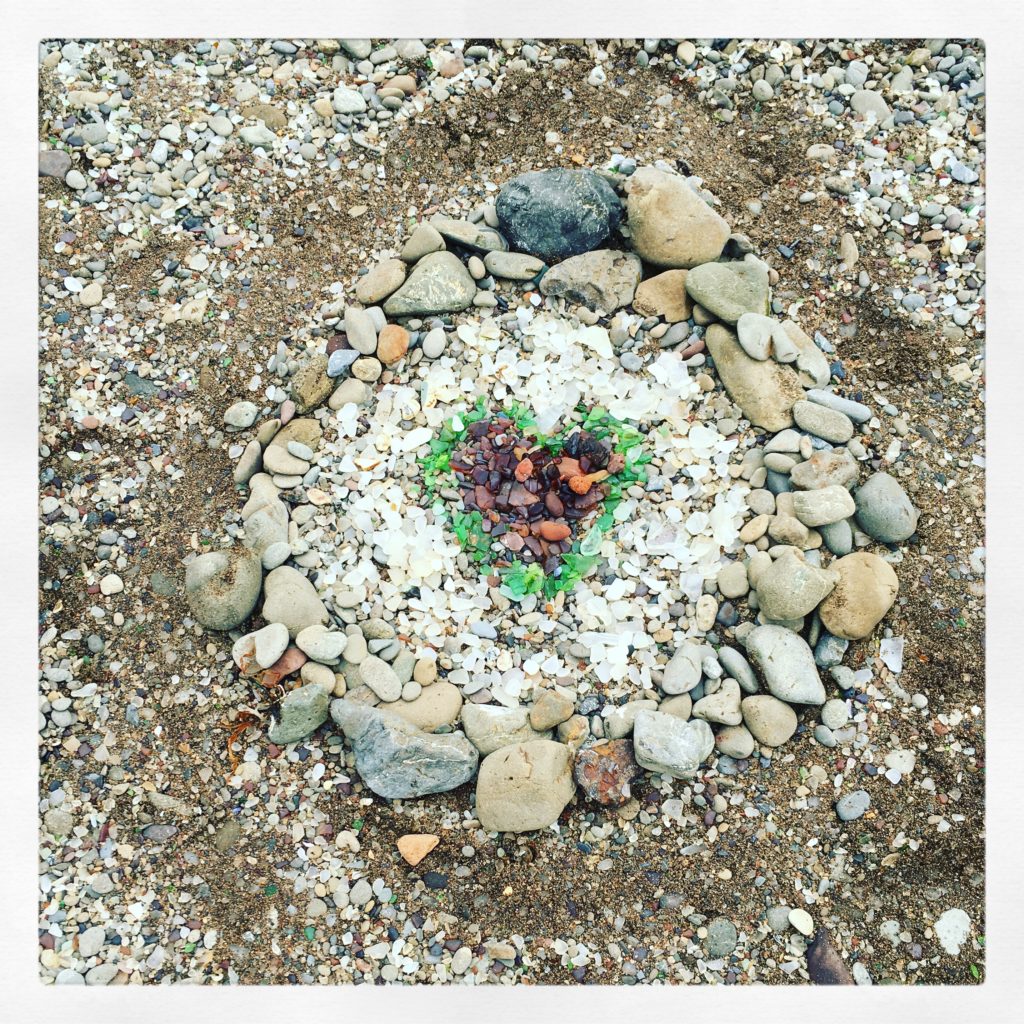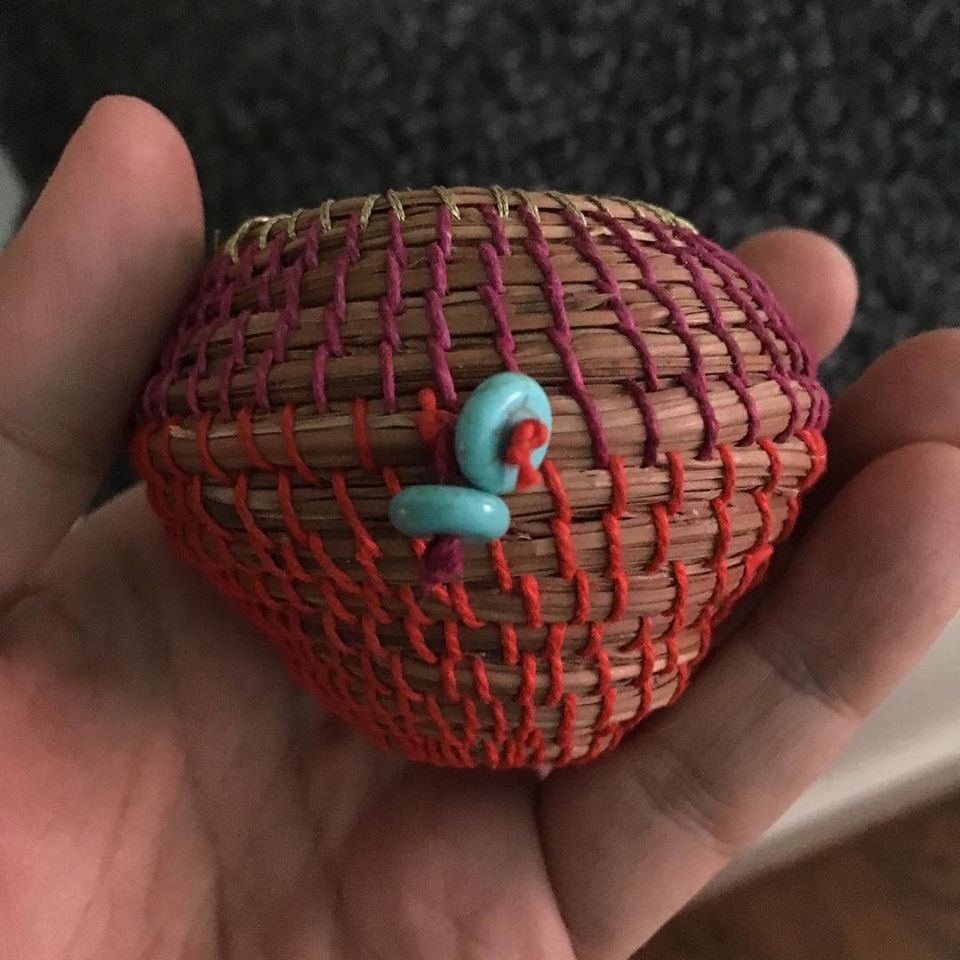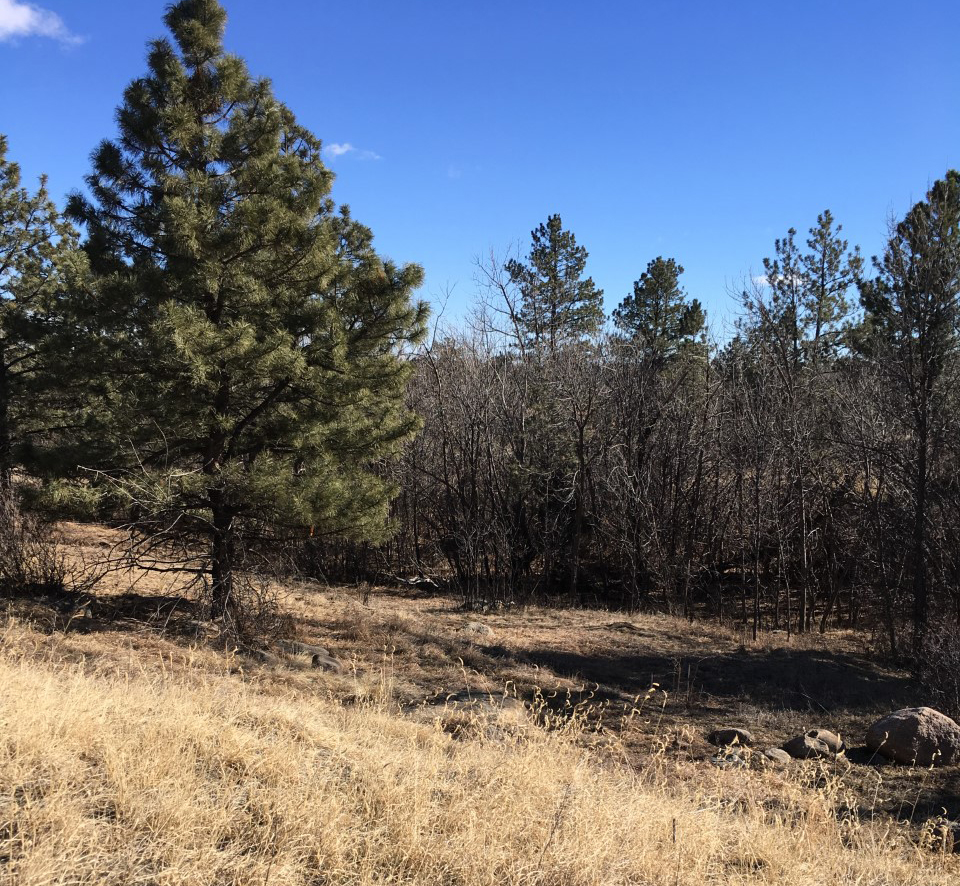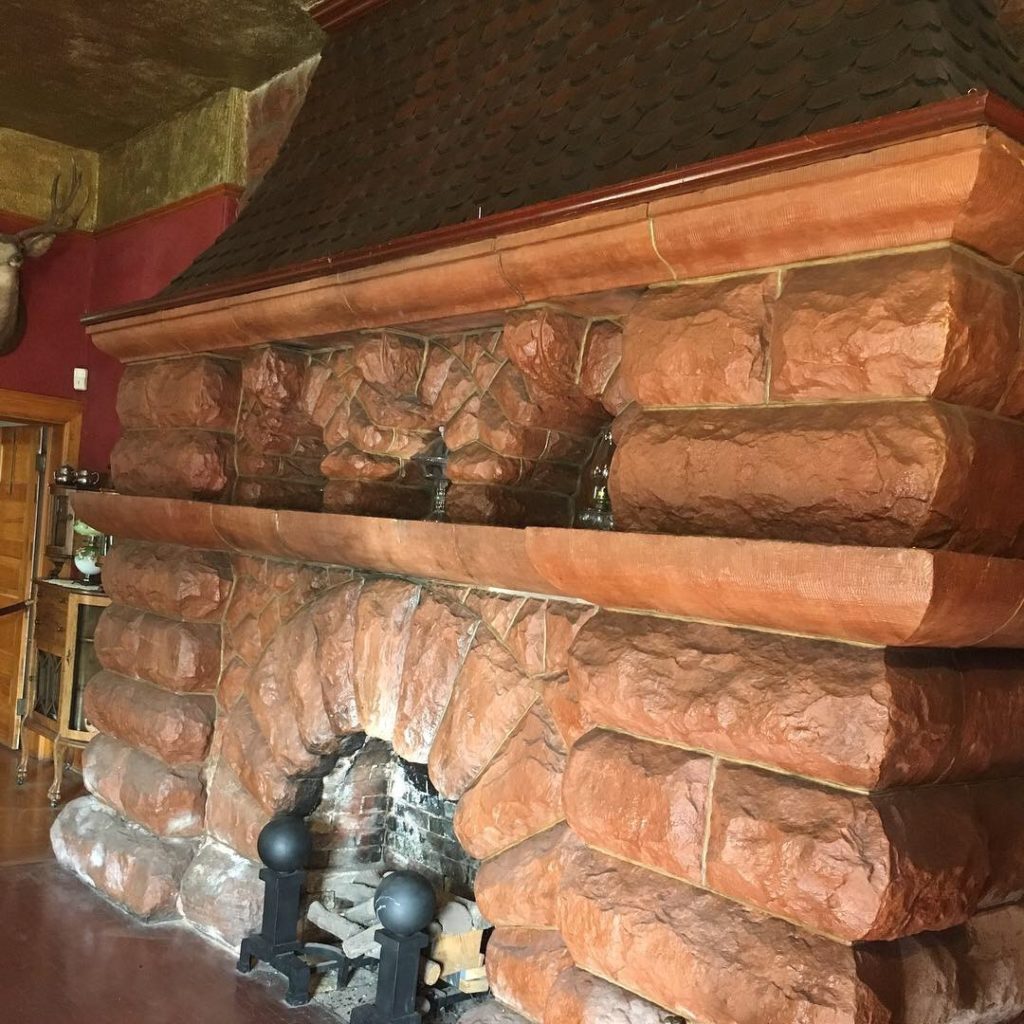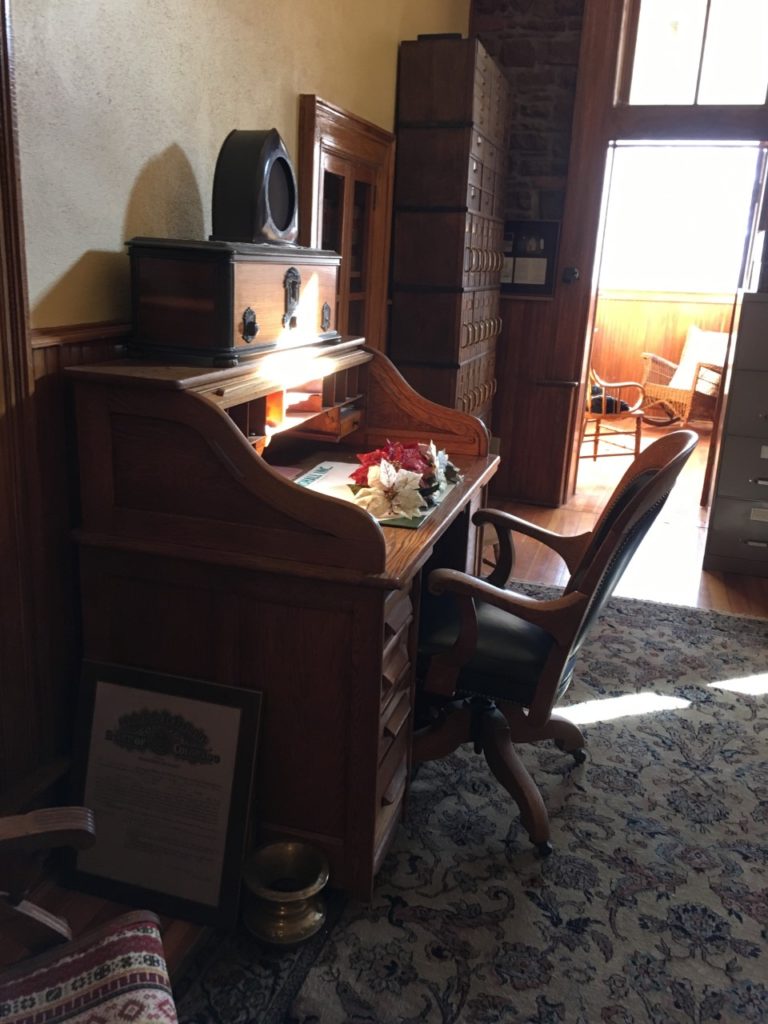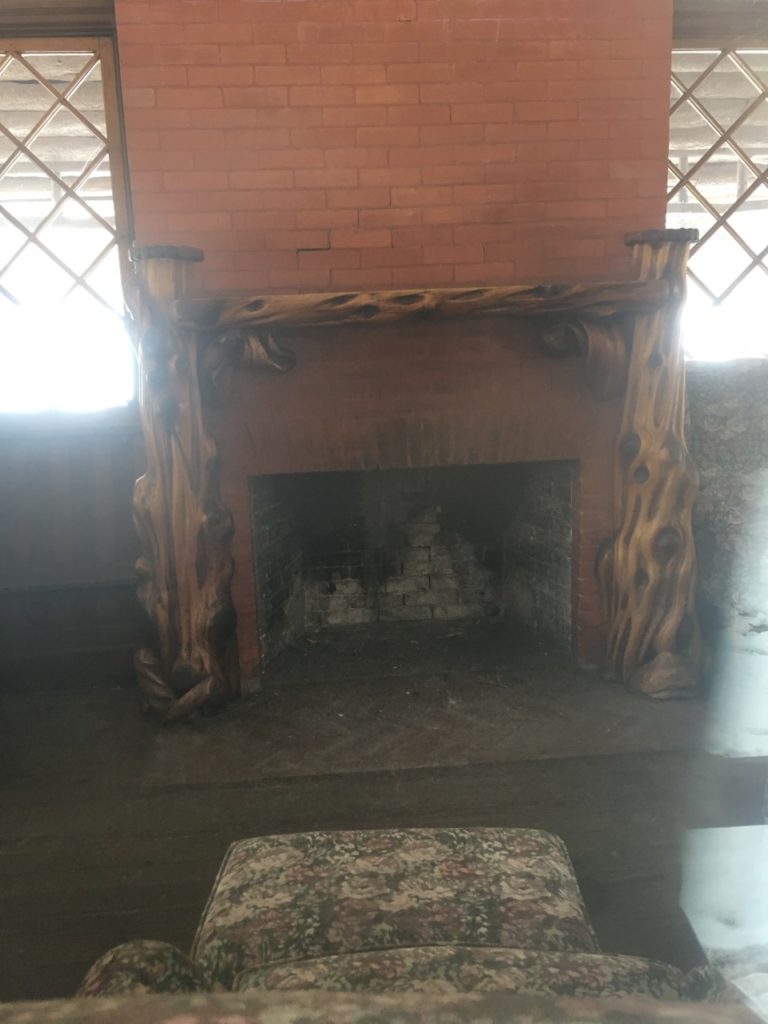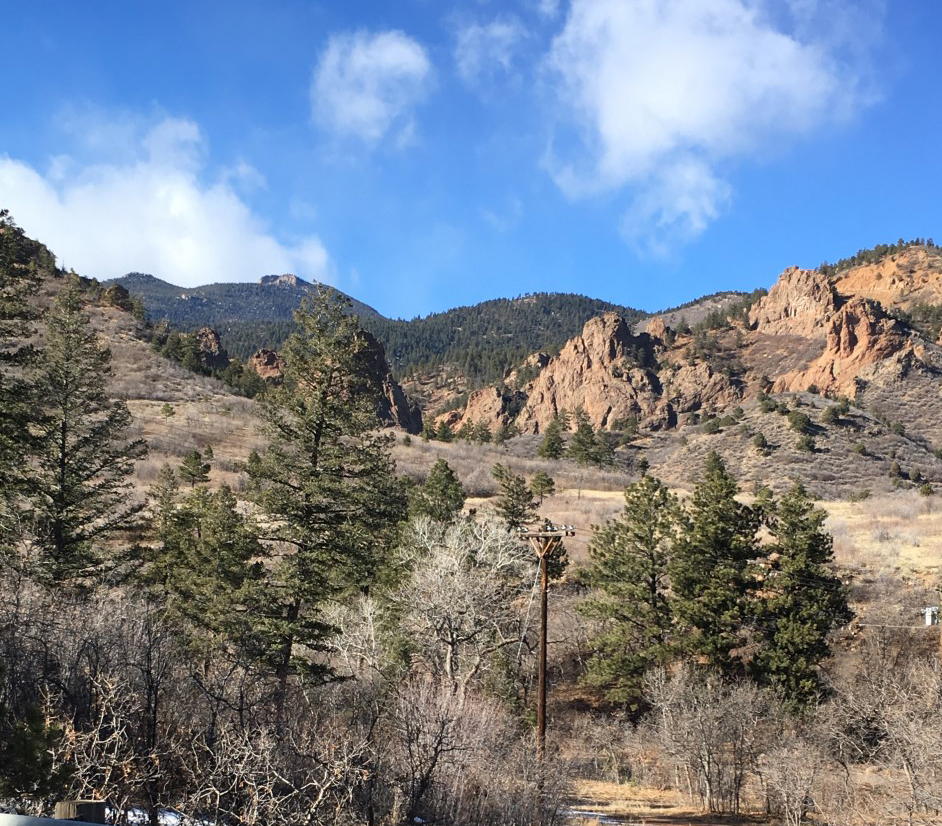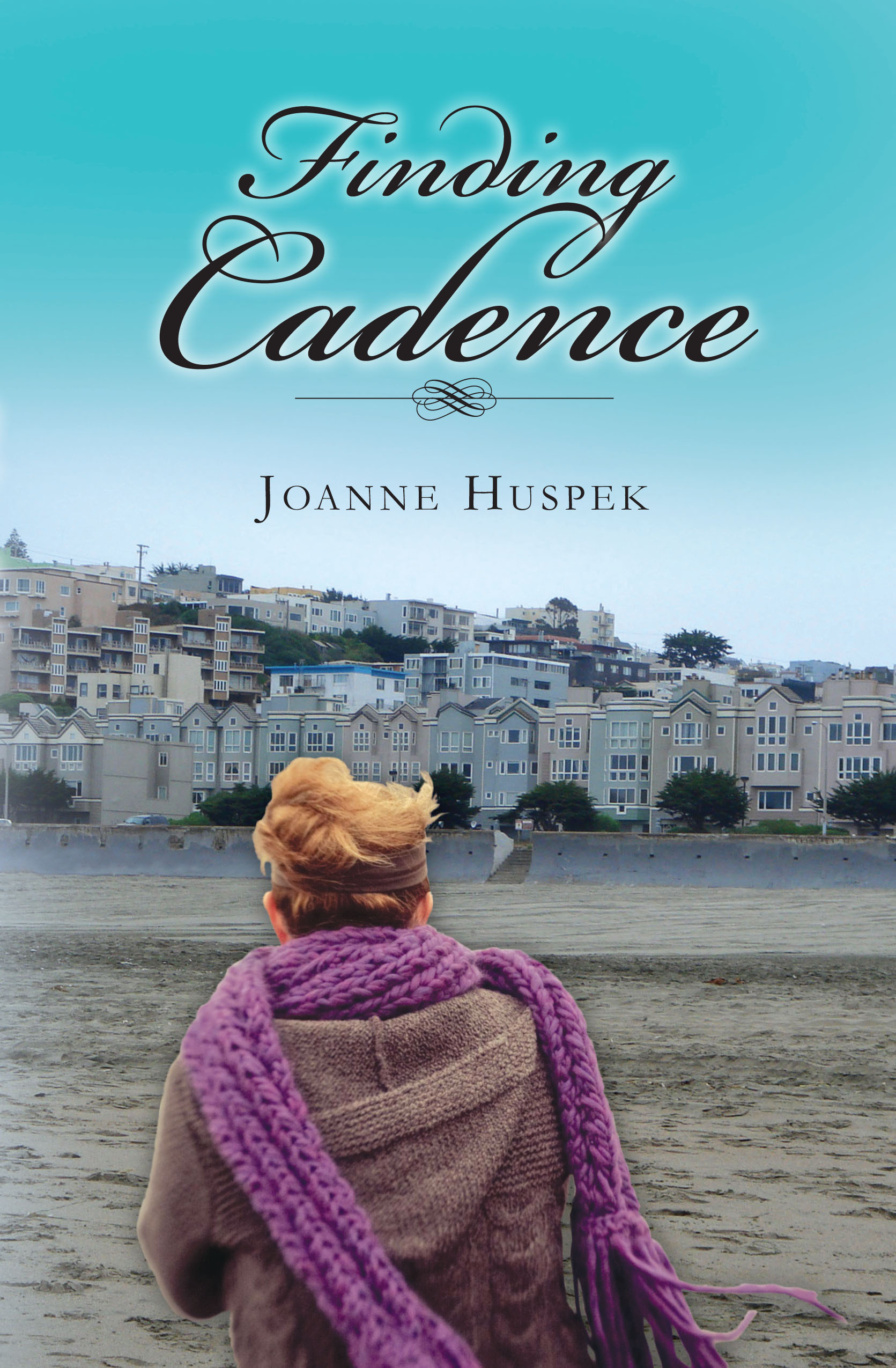…or not.
I’m busy with my writing class and am a few hundred words away from my word count goal for the month, so instead of a blog post about writing, I am treating you to a first chapter I might throw away. (There’s another chapter that could do for the first. I haven’t decided.) It’s better to have too many words than not enough. Comments and critique welcome.
Sylvania, Ohio 1898
Adelaide Monroe slumped on the top step of her back porch completely spent and sweat soaked in the morning sun. Not yet mid-morning and already the heat of a warmer than normal July had made the usual farm chores torture, with humidity thick and oppressive. If she could slice the air into blankets to save for later, she would never suffer another cold winter. After an hour spent chasing and capturing two dozen errant chickens, she was spent. Damned the hen that discovered a small tear in the wire; the miscreant had led the rest of the flock to giddy freedom. Addie cursed herself for forgetting how crafty (albeit stupid) chickens could be. She mended the breach with twine and with the help of her collie, Skippy, finally marshaled the truants back to their coop. She would catch a brief respite before collecting the day’s eggs.
Addie wiped the sweat from her brow with the hem of her apron and surveyed the small farm landscape. After spending a year at the Cleveland Normal Teachers’ Preparatory, life in rural Sylvania seemed dull indeed. It was also extremely primitive. Cleveland was no New York City, but at least it hummed with commerce and culture and the promise of progress. Six weeks back in her childhood home, and Addie yearned for the modern conveniences of indoor plumbing and electricity. During her spare time at the Preparatory, she had enjoyed many strolls along Millionaire’s Row, imagining herself as a lady serving high tea in one of the magnificent mansions on Euclid Avenue. She’d attended a high tea at one of Cleveland’s finest hotels as a guest of the school, and thought the experience to be the pinnacle of her experience. She’d attended concerts and plays both indoors and out. She even found wonder in watching the busy factories churning out smoke as well as tobacco and woolens, and would sometimes spend her Saturday afternoons at the docks, observing ships as they entered and left the port, all the while dreaming of where they’d been and where they were going next.
With each passing day in her hometown, Addie saw the promise of her bright future flicker away, a slow expiration into darkness. While she loved children and had wanted to teach, doubts had begun to spring up where the light had once been.
“Addie! Addie!” The screen door opened wide, hitting Addie in the back. She sprang up to face her mother. “Dear God, girl, I didn’t see you sitting there. Did I hurt you?”
Addie swept straw and dirt from her clothes. “No, Mama. Chickens got out again. We might need new wire. This coop is older than I am.”
“Don’t have the money, girl. We’ll make do until we really need it. Get yourself cleaned up. I want you to make a delivery to Dr. Randall.”
Addie groaned. The town doctor had an eye for Addie. Addie’s eyes fixed on a different horizon. “You can’t go?”
Martha Monroe crossed her arms and frowned. She was an imposing woman, raven haired and stout like Addie, although a foot shorter, with the same moon-round face and blue eyes. “Dr. Randall doesn’t want to see an old woman like me. He needs a dozen eggs and I talked him into buying one of the strawberry rhubarb pies I just baked and you’re going to take it to him before lunch time. I’ve got wash to hang and a long row of green beans to hoe and tomatoes to stake.”
“I’ll trade.” Addie offered.
Martha shot Addie a stern, no-nonsense glare. “Adelaide Monroe, you could do much worse than to have a doctor for a suitor. Why Doctor Randall is a fine man! He’s taken a shine to you, a real shine. None of the other girls in town have a chance, I tell you. Don’t be a fool. I wouldn’t let that one get away.”
“Yes, Mama,” Addie said sadly.
Martha had turned to enter the house when she noticed the egg basket empty. “What? No eggs today?”
Addie picked up the basket and headed for the chicken coop. “I’ll get them.”
Addie could have walked the two miles to Sylvania, but she chose to take the horse cart, telling her mother she did not want to ruin the delicate pie by walking it to Dr. Randall under the fierce sunshine. The truth was it was too hot for walking, even had she changed into short sleeves and a shorter cotton skirt. Her wide-brimmed straw hat kept the sun out of her eyes, but at the expense of a river of sweat pooling at the band.
Addie liked taking the wagon into town, if only to stealthily travel beyond the village. She’d started urging the horse on the road south a half-mile beyond the town limit, which later became a mile, then farther. One day she hoped to make it to Toledo; maybe then she’d sprout courage and keep going until she reached the Gulf of Mexico or until the horse gave out.
Dr. Randall’s imposing three story home on the town square was the finest in Sylvania, although it now seemed a paltry shack compared to the mansions lining Cleveland’s Millionaire’s Row. He’d inherited it and the practice from his father, the late Dr. Joseph Randall. The first floor held a reception area and patient rooms, with living quarters above. Addie loved the old Dr. Randall, with his steady bedside manner and jar full of hard candy he used to reward good children. He could tame the most difficult patients with a sweet smile and a wry joke.
Dr. Jacob Randall, Princeton educated, tall, dark, and sophisticated, was a few years older than Addie. As much as the elder Dr. Randall seemed the jolly, grandfatherly type, the younger Dr. Randall fell short – at least in Addie’s eyes. He was pretty, yes, but his shiny exterior lacked sincerity. She’d spent the last month and a half avoiding him, pushing past him quickly when leaving church services or the dry goods store, and hiding upstairs in her bedroom when he came to call – which he hadn’t done once the entire time she was at school in Cleveland. His dogged pursuit was obvious, but at twenty-two, Addie was not yet ready to settle into domestic life.
Addie entered the square noting much of Sylvania had folded up in the heat. The streets were quiet and empty. Smitty from the Western Union office sat on a battered oak dining chair on the sidewalk outside the door, hatless, baking in the sun, the only human in sight. He squinted at her and gave a wave which she returned. Addie turned the wagon in front of the doctor’s house, dismounted, and tied the horse to the hitching post, before she returned for the pie and eggs.
She steeled herself for the task at hand, wondering how she could appear disinterested without seeming rude. Her pointed avoidance hadn’t sunk in with the good doctor. Addie made it halfway up the sidewalk when the front door opened. “Addie Monroe! It’s so nice to see you.” Dr. Randall greeted her. He bounded across the porch and down the steps, his long legs like a gazelle taking the plain. Not only was he pleasing to look at, with thick dark hair and handlebar mustache, he had a charisma that drew women to him – or so Addie’s mother claimed. Addie had never fallen under the spell, if one existed. He was smartly dressed in light trousers, his Oxford shirt sleeves rolled up to the elbow, a jaunty bow tie at his neck, not a hair out of place, and completely cool.
Addie stepped back as he approached, holding her items as a shield in front of her. “Hello, Doctor Randall.”
“Please, Addie, call me Joshua. We’re friends, aren’t we?” Dr. Randall winked at her. He winks too much. Excessive winking would be considered a lecherous move if he weren’t a professional man.
“You should get the pie in the ice box right away, Dr. Randall,” Addie said. She offered it to the doctor, who made no move to take it. She was forced to fill the space between them with small talk. “I take it you’re not busy today?”
“It appears not. Winter is my bread and butter, what with colds and consumption and falls from icy conditions. I guess it’s too hot to get sick.” He laughed.
“I see.” A moment of uncomfortable silence passed between them. “I really must go, Dr. Randall. Thank you.” Addie urged the pie and basket of eggs on the doctor, before she quickly turned to retreat.
Dr. Randall circled around her to cut her off. “I thought you might want a glass of iced tea before you head back. It’s dangerously hot today. There’s also the question of payment. Your mother’s expecting it, I’m sure.”
Iced tea would have been wonderful but she declined. “Thank you for the offer, but I have chores. As for Mama, you can settle up with her.”
“But…”
Addie took two steps toward her horse cart, leaving Dr. Randall on the sidewalk behind her. Smitty came tearing toward them from the telegraph office across the street, his hands clutching a white piece of paper. She’d never witnessed the old man run. “Miss Addie! Miss Addie!” was all he could say until he stopped in front of her. Addie raised her eyes to the heavens and thanked the Lord for this distraction, but the look on Smitty’s face was a combination of sadness and horror. Her mother bore the same expression right after her father had died.
“What’s the matter, Smitty?” Addie grabbed Smitty’s arm. “What is it?”
Panting, he handed Addie the paper. She struggled to decipher Smitty’s hurried scrawl.
10 July 1898
Mrs. T.J. Monroe, Sylvania, Ohio
URGENT. Regret to inform you death of S. Monroe, Colorado Springs, 4 July. Request guidance RE: disposition of property. Awaiting response.
Yours
N. Hastings
“Miss Addie? Miss Addie?”
Smitty’s voice called, a thousand miles away, throwing a lifeline to her heart, a tether to the present. Behind her, Dr. Randall’s hand reached for her shoulder, but she shrugged it off, not needing his support and sympathy, not caring of his intentions. This was not a time for weakness; her next task called for fearless mettle, and she couldn’t waste a second of time. Without a word, she folded the telegram into thirds and marched back to the horse cart.
There would be no furtive outings on the road to Toledo, no dreams of somewhere else, not today. She had news to break to her mother.
Like this:
Like Loading...
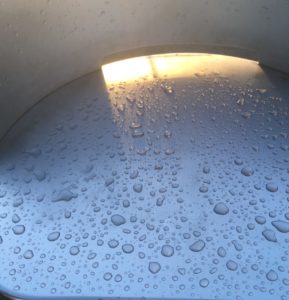 Don’t sit here unless you have a super absorbent towel.
Don’t sit here unless you have a super absorbent towel.





